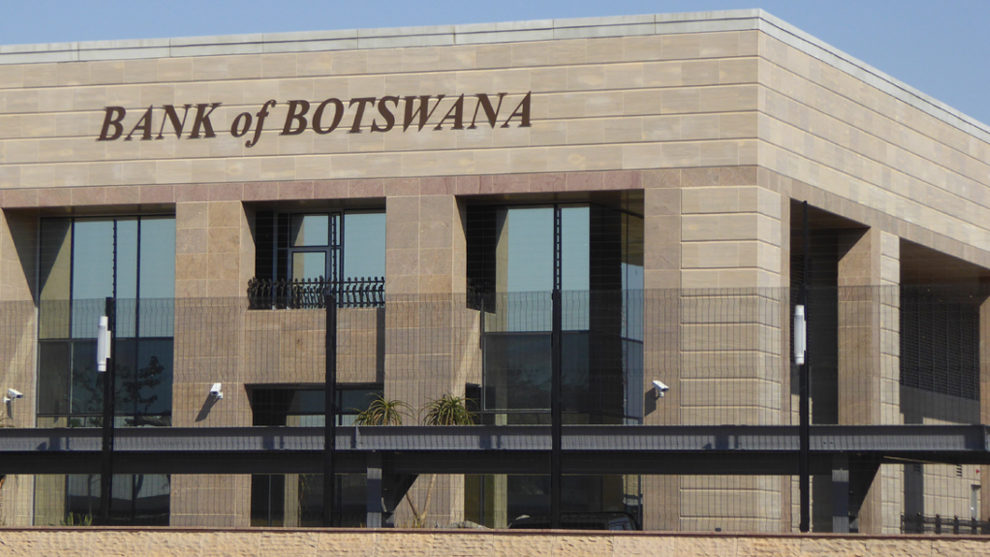The Bank of Botswana: Guardian of Financial Stability

The Bank of Botswana, established in 1975, serves as the central bank and is the cornerstone of Botswana's financial system. Located in the capital city of Gaborone, this institution plays a crucial role in maintaining the country's economic stability and fostering its growth.
Key Facts & Functions of the Bank of Botswana
- Issuing and managing the national currency, the Pula
- Formulating and implementing monetary policy
- Acting as the government's banker and financial advisor
- Supervising and regulating the banking sector
- Managing foreign exchange reserves
- Promoting financial stability
- Conducting economic research and analysis
Historical Significance
The establishment of the Bank of Botswana marked a significant milestone in the country's journey towards economic independence. Prior to its creation, Botswana was part of the Rand Monetary Area, using South African currency. The introduction of the Pula in 1976, under the guidance of the newly formed central bank, symbolized Botswana's economic sovereignty.
Monetary Policy and Economic Stability
One of the Bank's primary responsibilities is to maintain price stability in the economy. Through careful management of interest rates and money supply, the Bank of Botswana has helped to keep inflation under control, contributing to Botswana's reputation as one of Africa's most stable economies.
Innovation and Modernization
In recent years, the Bank of Botswana has embraced technological advancements to improve its operations and services. This includes the implementation of a Real Time Gross Settlement (RTGS) system, enhancing the efficiency and security of large-value interbank transfers.
International Recognition
The Bank of Botswana's management of the country's substantial diamond revenues has earned international praise. By reinvesting these funds into development projects and maintaining a strong foreign exchange reserve, the Bank has played a key role in Botswana's transformation from one of the world's poorest countries at independence to an upper-middle-income economy.
Challenges and Future Outlook
As Botswana continues to diversify its economy beyond diamond mining, the Bank of Botswana faces new challenges. These include adapting monetary policy to support emerging sectors, managing the impact of global economic fluctuations, and addressing the increasing complexity of financial markets.
Looking ahead, the Bank of Botswana remains committed to its mandate of fostering monetary and financial stability. Its ongoing efforts in research, policy formulation, and financial sector development will be crucial in supporting Botswana's continued economic growth and prosperity.
The Bank of Botswana stands as a testament to Botswana's economic progress and its commitment to sound financial management. As the guardian of the nation's financial stability, it continues to play a vital role in shaping Botswana's economic future.